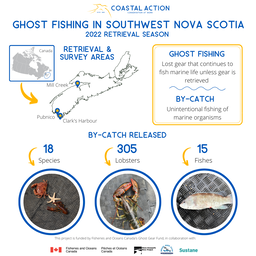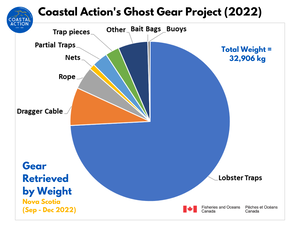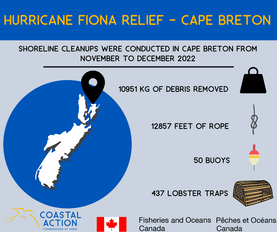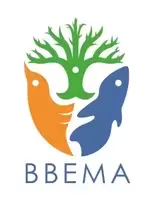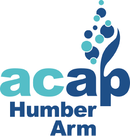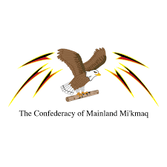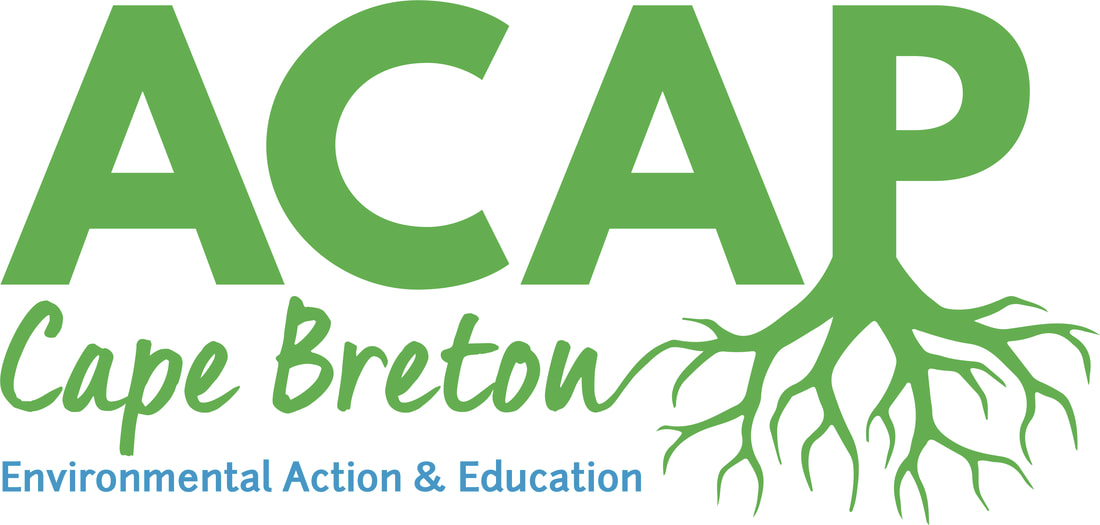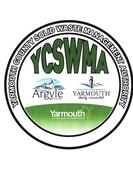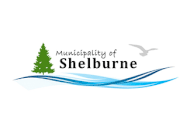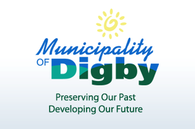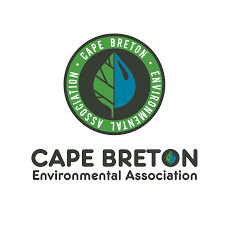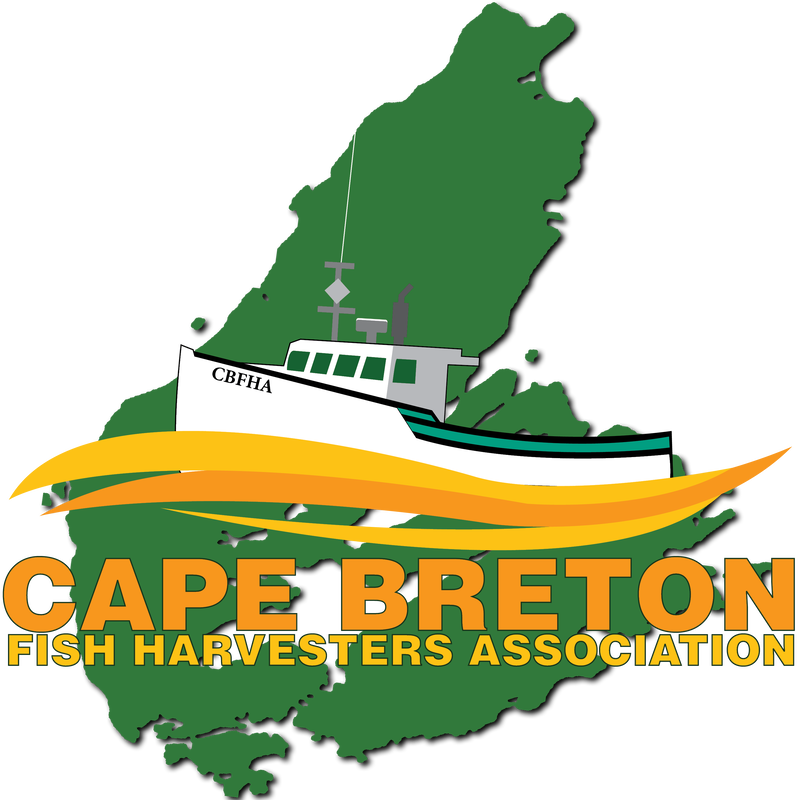Collaborative ghost gear retrieval & recycling in nova scotia 2023-2024
In collaboration with industry, academia, and government, we're working to prevent, reduce, and assess the impacts of ghost gear on the South Shore of Nova Scotia (Lobster Fishing Areas 33 and 34), Cape Breton (Lobster Fishing Area 27), Prince Edward Island (Lobster Fishing Area 24), and in Newfoundland (Lobster Fishing Areas 11 and 12). We will be retrieving ghost gear from targeted areas, both at sea and along shorelines, and supporting the development of waste management systems for the responsible disposal of end-of-life gear.
This year, a new partnership with Ocean Legacy Foundation has been established to assist with expanding local options for recycling ghost gear. We will continue working with our other recycling partners, Sustane and the Fishing Gear Coalition of Atlantic Canada, to recycle the majority of the gear we retrieve.
This year, a new partnership with Ocean Legacy Foundation has been established to assist with expanding local options for recycling ghost gear. We will continue working with our other recycling partners, Sustane and the Fishing Gear Coalition of Atlantic Canada, to recycle the majority of the gear we retrieve.
WHAT IS ghost gear?Abandoned, lost, and discarded fishing gear (ALDFG), commonly referred to as “ghost gear,” makes up a large portion of all marine debris. It causes significant negative environmental, economic, and social impacts including habitat degradation, indiscriminate fishing and entanglements, decreased catches, at-sea safety hazards, and vessel damage. ALDFG is generated by unfavourable environmental conditions (like storms and bottom types), gear conflicts among fishers and other industries, poor gear condition, and inappropriate disposal at sea. Losses can be accidental, and fishers are not always at fault, as the marine environment is shared with other industries.
|
2022-2023 highlights
|
check out more results here
This project is possible thanks to the financial support of Fisheries and Oceans Canada (DFO)'s Ghost Gear Fund.
partners
special thanks to:
For more information, please contact Zora McGinnis, zora@coastalaction.org

